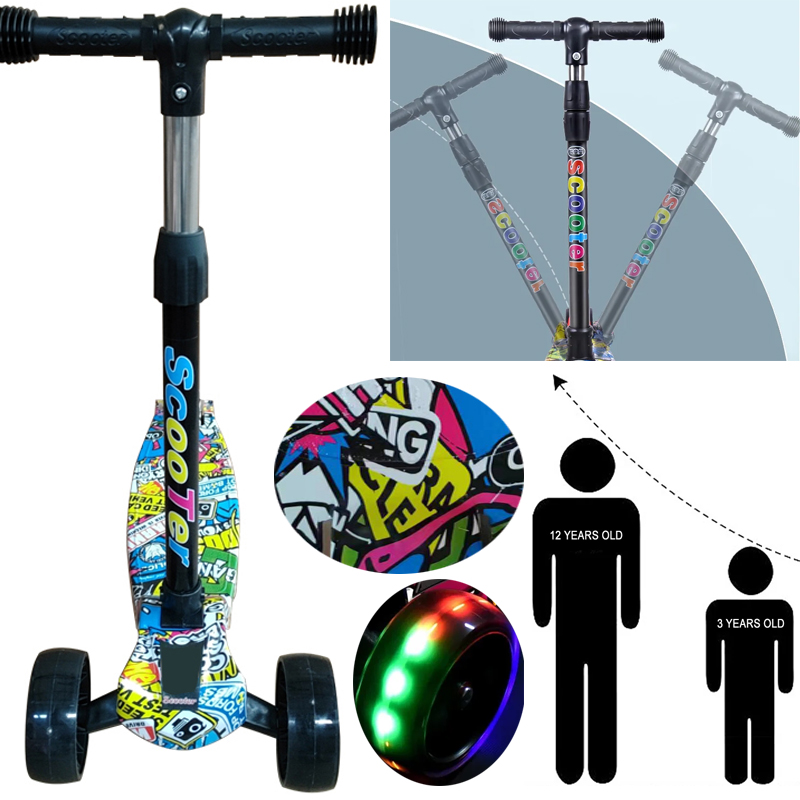The Rise of Electric Scooters A Sustainable Urban Mobility Solution
In recent years, electric scooters have emerged as a popular mode of urban transportation. With bustling city life and the need for efficient travel solutions, these compact, eco-friendly vehicles offer a convenient answer to the challenges of congestion and environmental sustainability. As cities worldwide embrace this innovative form of mobility, it's essential to explore the benefits, challenges, and future of electric scooters.
One of the most significant advantages of electric scooters is their eco-friendliness. Traditional transportation modes, such as cars and buses, contribute heavily to air pollution and greenhouse gas emissions. In contrast, electric scooters produce zero emissions during operation. By opting for an electric scooter over a car for short trips, commuters can significantly reduce their carbon footprint. This aspect is particularly crucial as cities strive to meet ambitious sustainability goals and combat climate change.
The Rise of Electric Scooters A Sustainable Urban Mobility Solution
Another key benefit of electric scooters is their cost-effectiveness. Owning a personal electric scooter can save riders money on fuel and parking fees, not to mention lower maintenance costs compared to traditional vehicles. For those who prefer not to own a scooter, many cities have introduced scooter-sharing programs, allowing users to rent scooters on a per-ride basis. This pay-as-you-go model makes electric scooters an accessible option for many people, particularly students and those who do not need a car for their daily commute.
electirc scooters

Despite their growing popularity, electric scooters do face some challenges. Safety is one of the primary concerns associated with their use. Many riders are inexperienced, and accidents can occur, especially in busy urban environments. To address this issue, cities are implementing regulations such as designated scooter lanes, mandatory helmet laws, and educational campaigns to encourage safe riding practices. Additionally, scooter-sharing companies are integrating features such as speed limits and geofencing to ensure safer usage in crowded areas.
Moreover, the management of scooter fleets is another challenge. With many companies vying for market share, cities can face congestion from improperly parked scooters. To mitigate this, local governments are working on policies to regulate where scooters can be parked and how many can be deployed in specific neighborhoods. Ensuring that the deployment of scooters does not hinder pedestrian traffic or create additional clutter on sidewalks is crucial for maintaining urban aesthetics and accessibility.
Looking to the future, the outlook for electric scooters remains bright. As battery technology improves, scooters will likely offer longer ranges and faster charging times, making them even more appealing. Integrating electric scooters with public transportation systems through seamless apps could also encourage more people to opt for these eco-friendly vehicles, further reducing reliance on cars.
In conclusion, electric scooters are revolutionizing urban mobility by providing a sustainable, efficient, and cost-effective alternative to traditional modes of transportation. While challenges remain, proactive measures from both local governments and scooter companies can help address safety and management issues. As cities continue to evolve and adapt to modern transportation needs, electric scooters are poised to play a pivotal role in the future of urban travel, contributing to cleaner and more efficient cities.
-

 Scoot&RideKids Child Kick Push Scooter 3 Wheels with LED Flashing Tilt Lean Boys Girls Scooter
Scoot&RideKids Child Kick Push Scooter 3 Wheels with LED Flashing Tilt Lean Boys Girls Scooter




- 4
$33.17 -

 Scoot&RideKids Scooter Child Kick Flashing LED Light Up 3 Wheel Push Adjustable Folding 3
Scoot&RideKids Scooter Child Kick Flashing LED Light Up 3 Wheel Push Adjustable Folding 3- 0
$25.52 -

 Scoot&RideKids Scooter Child Kick Flashing LED Light Up 3 Wheel Push Adjustable Folding 2
Scoot&RideKids Scooter Child Kick Flashing LED Light Up 3 Wheel Push Adjustable Folding 2- 0
$33.17 -

 Scoot&RideKids Scooter Teens Foldable Kick Push Scooter Adjustable Height Safe 2 Wheels
Scoot&RideKids Scooter Teens Foldable Kick Push Scooter Adjustable Height Safe 2 Wheels




- 4
$49.99
Meet our partners and discover what powers their creativity!
When you register for a Lohas scooter, you will receive a 10% discount on your first order and can be notified of sales, new product launches and other offers in advance.









